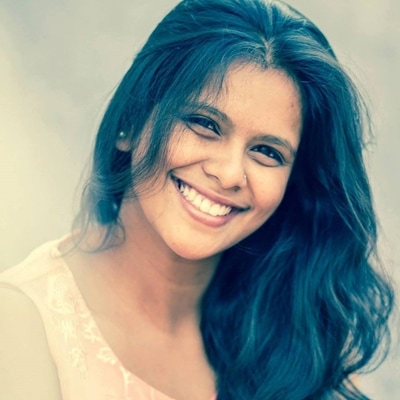Antibiotics were overused during the Covid-19 pandemic, exacerbating the silent spread of antimicrobial resistance, the World Health Organisation said on Friday. The report found that only eight per cent of those hospitalised with Covid-19 had a bacterial co-infection, requiring them, but three-fourth of patients were prescribed antibiotics to prevent a possible complication.
The highest antibiotic use was seen in patients with severe or critical Covid-19with the global average standing at 81 per cent. And, they were most widely used in Eastern Mediterranean and African regions, at 83 per cent. The findings were based on clinical data from 65 countries for a three-year period. The biggest concern, according to the study, was that “watch” antibiotics, which have a higher resistance potential, were most frequently prescribed globally.
Why is this alarming for India?
“The more we use, the more we lose,” said Dr Sangeeta Sharma, president of the Delhi Society for Promotion of Rational Use of Drugs. “When antibiotics — especially the strong ones — are used widely, they become ineffective. Increase in antibiotic resistance means stronger medicines are needed to treat the same infections subsequently. It also means that with increased resistance, more people die of infections, there are more complications and the hospital stays are longer,” she explained.
“When a patient requires antibiotics, the benefits often outweigh the risks associated with side effects or antibiotic resistance. However, when they are unnecessary, they offer no benefit while posing risks, and their use contributes to the emergence and spread of antimicrobial resistance,” said Dr Silvia Bertagnolio, WHO Unit Head for Surveillance, Evidence and Laboratory Strengthening, Division for AMR.
What is the situation in India?
While almost everyone was either prescribed or ended up taking antibiotics like Azithromycin when they had Covid-19the use of antibiotics in general is very high in India. A survey across 20 tertiary care hospitals across the country by National Centres for Disease Control found that 71.9 per cent of the patients were given an antibiotic. Surprisingly, 55 per cent of the antibiotics were prescribed not for the treatment of an infection but to prevent one.
Only six per cent of the antibiotics prescribed were to tackle a diagnosed infection; the rest were empirically prescribed depending on what the doctor thought the infection was.
Who should and should not be given an antibiotic?
Dr Sharma said those with a viral infection should definitely not receive any antibiotics. “While doctors do prescribe antibiotics in people with viral infections to prevent a supra-added bacterial infection, there is enough evidence to show that they do not prevent a bacterial infection at all. Supra-added bacterial infections usually happen five to six days after the initial viral infection, so prescribing an antibiotic from day 1 is wasting a resource,” she added.
Antibiotics are not recommended as prophylaxis before all surgeries and procedures. Only a few doses are needed before a dirty surgery and none at all before a clean surgery. Dirty surgeries are where the internal organs are opened up or there is pus and faecal matter involved.
© The Indian Express Pvt Ltd
First uploaded on: 26-04-2024 at 19:58 IST









